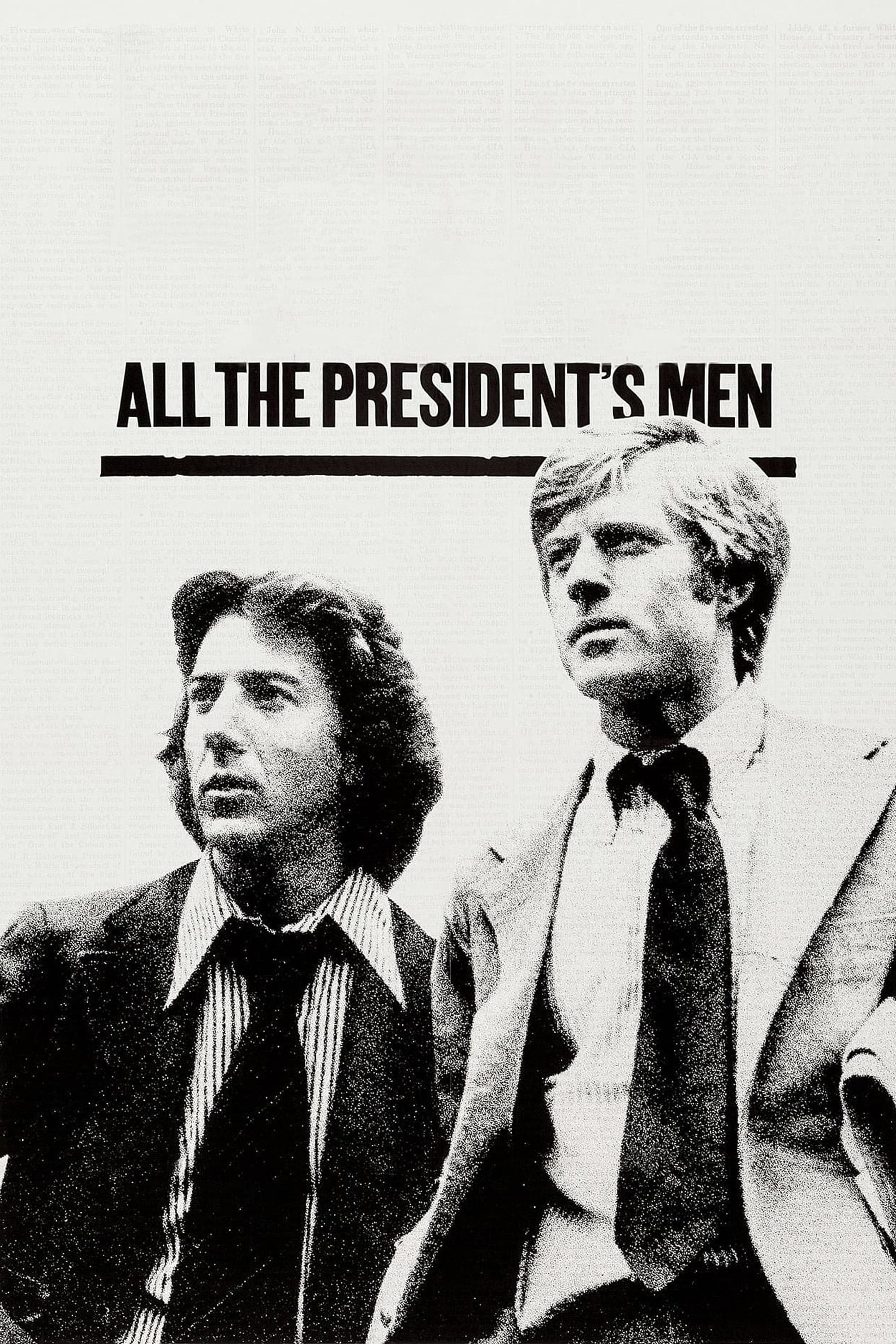
All the President's Men
1976
Rate this movie
Average: 0.00 / 5
(0 votes)
Director
Pakula's film document is a finally disillusioned look into the murky upheavals of Republican America, which on one hand pursued an aggressive foreign policy and on the other established an internal witch-hunt regime, branding any opponent as subversive or communist. An America where the executive power, permeated by systemic paranoia, attempted to stifle every dissenting voice, casting shadows of subversion and communism on anyone who dared to investigate or dissent. This is not a mere metaphor: it is the chronicle of a period in which democracy for a moment seemed to transform into a simulacrum, and distrust in institutions reached unprecedented heights, inheriting the scars of the Vietnamese trauma and the cobwebs of a McCarthyism never entirely dormant. Pakula, undisputed master of the "paranoid thriller," a genre he himself had helped define with masterpieces such as Klute (1971) and, above all, The Parallax View (1974), does not offer a hagiography nor a rhetorical melodrama, but rather an almost entomological immersion, a vivisection of an era of profound disillusionment, demonstrating how power, once corrupted, self-perpetuates and defends itself by any means.
The true story of the two Washington Post journalists who opened Pandora's box with the Watergate investigation is more than a simple historical reconstruction; it is an ode to investigative journalism, a meticulous exploration of the craft which, with its stubborn pursuit of truth, serves as the last bulwark against the arrogance of power. The story begins in 1972 with the arrest of 5 men who had entered the Democratic Party headquarters, an event initially dismissed as "a third-rate burglary." From here begins a tight whirlwind of events, an escalation that, amidst wiretaps, red herrings, and a growing sense of menace, culminates with President Nixon's resignation, in a sequence of events that, though known to the viewer, maintains an inescapable tension thanks to the narrative approach.
Redford is masterful as Bob Woodward, immersing himself in the reporter's cool and methodical determination with a measured yet incisive performance, and alongside him an equally inspired Dustin Hoffman, who imbues the rebellious and more instinctive Carl Bernstein with a contagious energy. Their on-screen chemistry is the pulsating engine of the film, a professional partnership that becomes the emotional core of a plot otherwise focused on facts and procedures. But it is Pakula at the helm who weaves the fabric of this extraordinary work. His hand is invisible and yet omnipresent: with skillful use of shadows, silences, long shots that isolate characters in vast and menacing offices, and close-ups that capture their anguish, he creates an atmosphere of growing paranoia. The Washington Post newsroom almost becomes a character in itself, a labyrinth of desks and telephones, a bustling beehive of incessant and vital activity, transforming the act of typing on a typewriter or making a phone call into a gesture of epic rebellion.
A film that devours the chronicle, reshaping it into a compelling flow of events, distilling the complexity of thousands of pages of investigation into a relentless pace, without ever sacrificing the veracity of the events. Pakula centers the film on Bob Woodward and Carl Bernstein's books, "All the President's Men" and "The Final Days," filtered through William Goldman's screenplay. Goldman's genius is truly intelligent in assembling the two points of view, keeping the narrative focused on the investigative process, on the "how" rather than the "what," and on the tenacity of the two journalists, without adopting privileged perspectives or yielding to didacticism. His writing, essential yet dense, avoids any heroic rhetoric, emphasizing the toil, frustration, and dangers intrinsic to the search for truth.
The result is an audaciously sharp vision of a reality in decay, a privileged and objective viewpoint on one of the events that marked the history of the United States. The effect is almost documentary-like in its procedural fidelity, yet the tension is that of a classic thriller, which keeps the viewer glued to the screen despite the final outcome already being written in history. All the President's Men is not only a cinematic monument to a crucial moment in American history; it is an enduring warning about the importance of democratic transparency and the power of the press as a sentinel of freedom. Its relevance, in an era of "fake news" and political polarization, is more glaring than ever today, confirming it as an essential classic, capable of transcending its specific historical context to become a universal reflection on the ethics of power and civic responsibility.
Country
Gallery
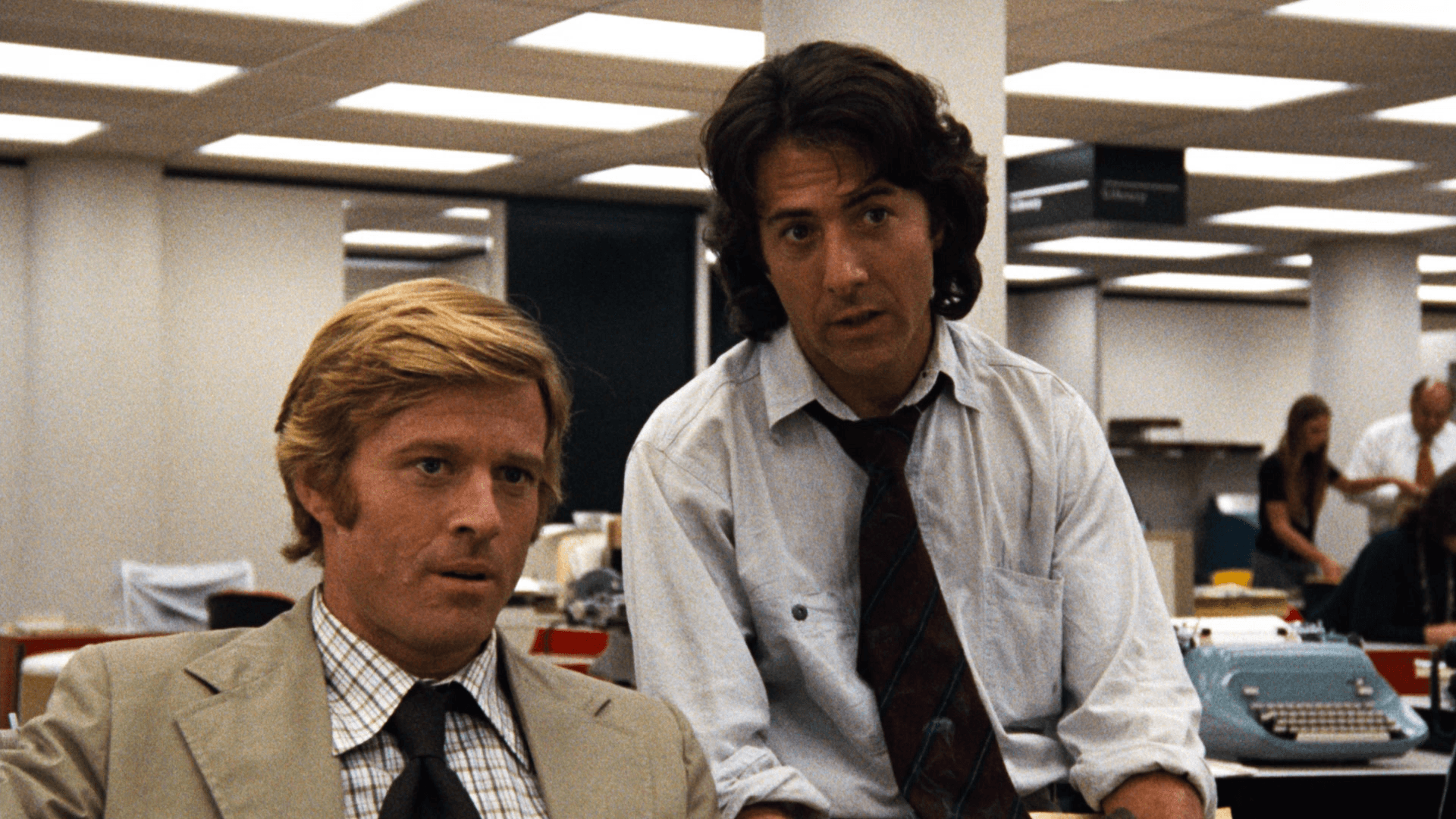
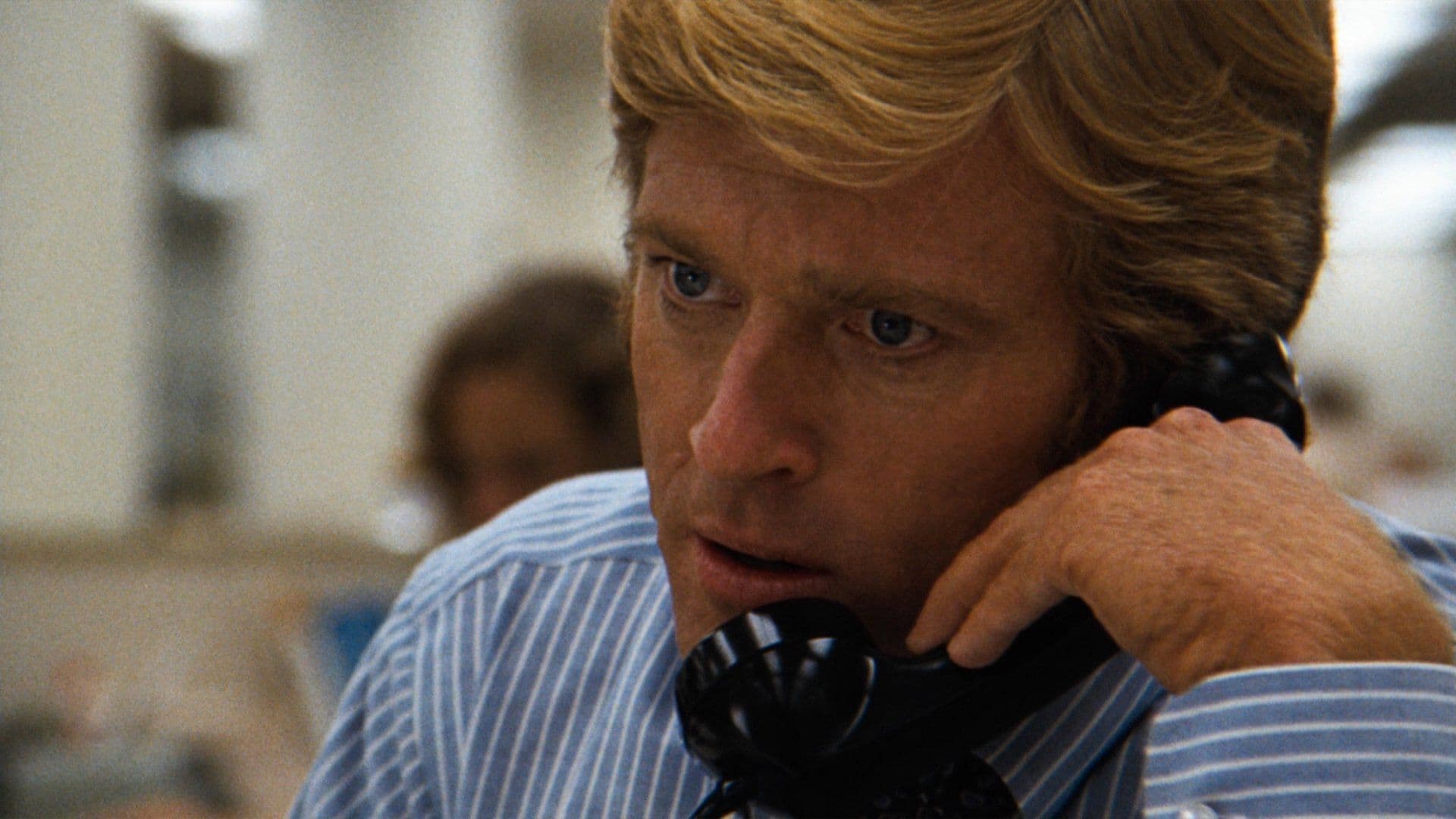
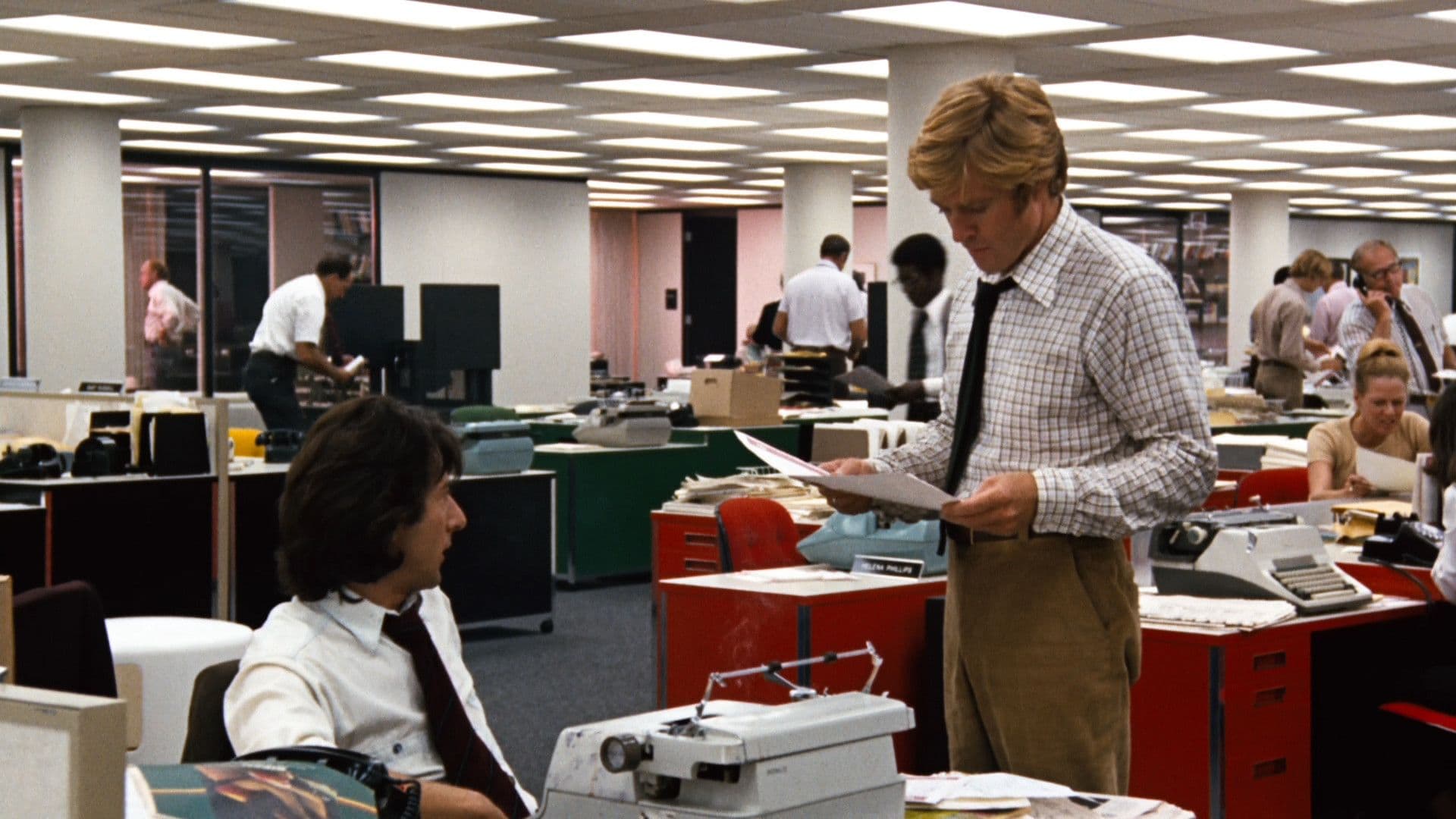
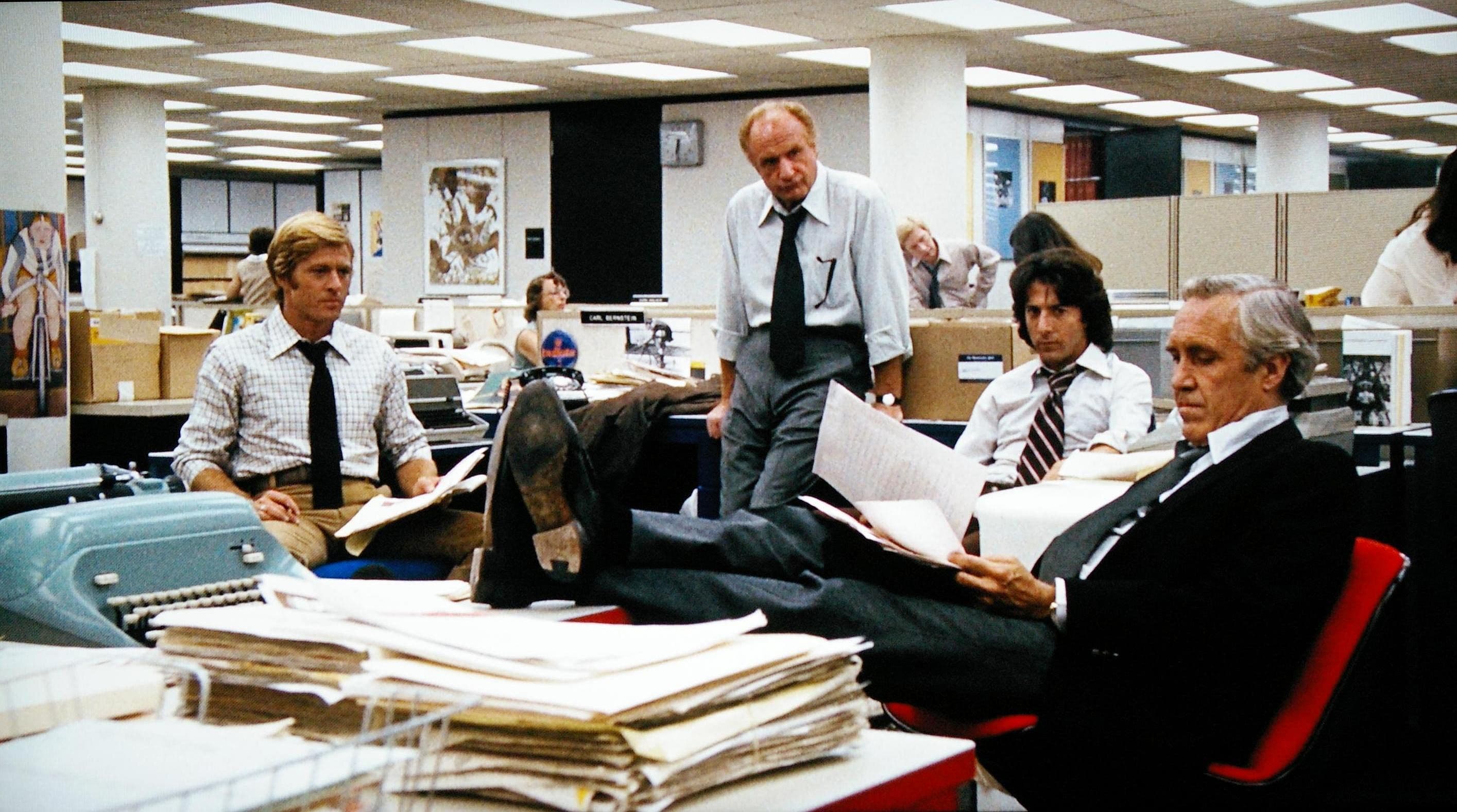
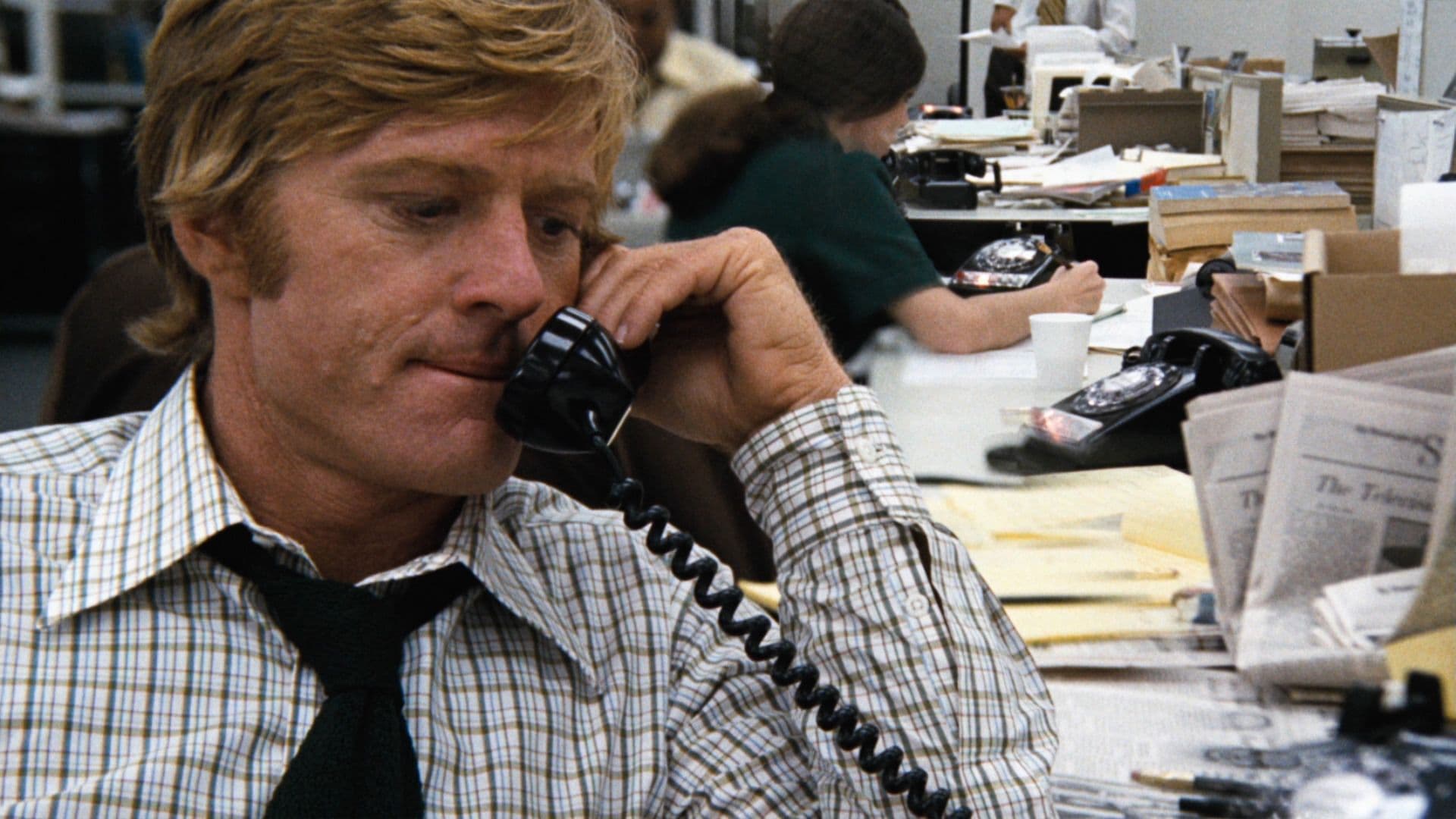
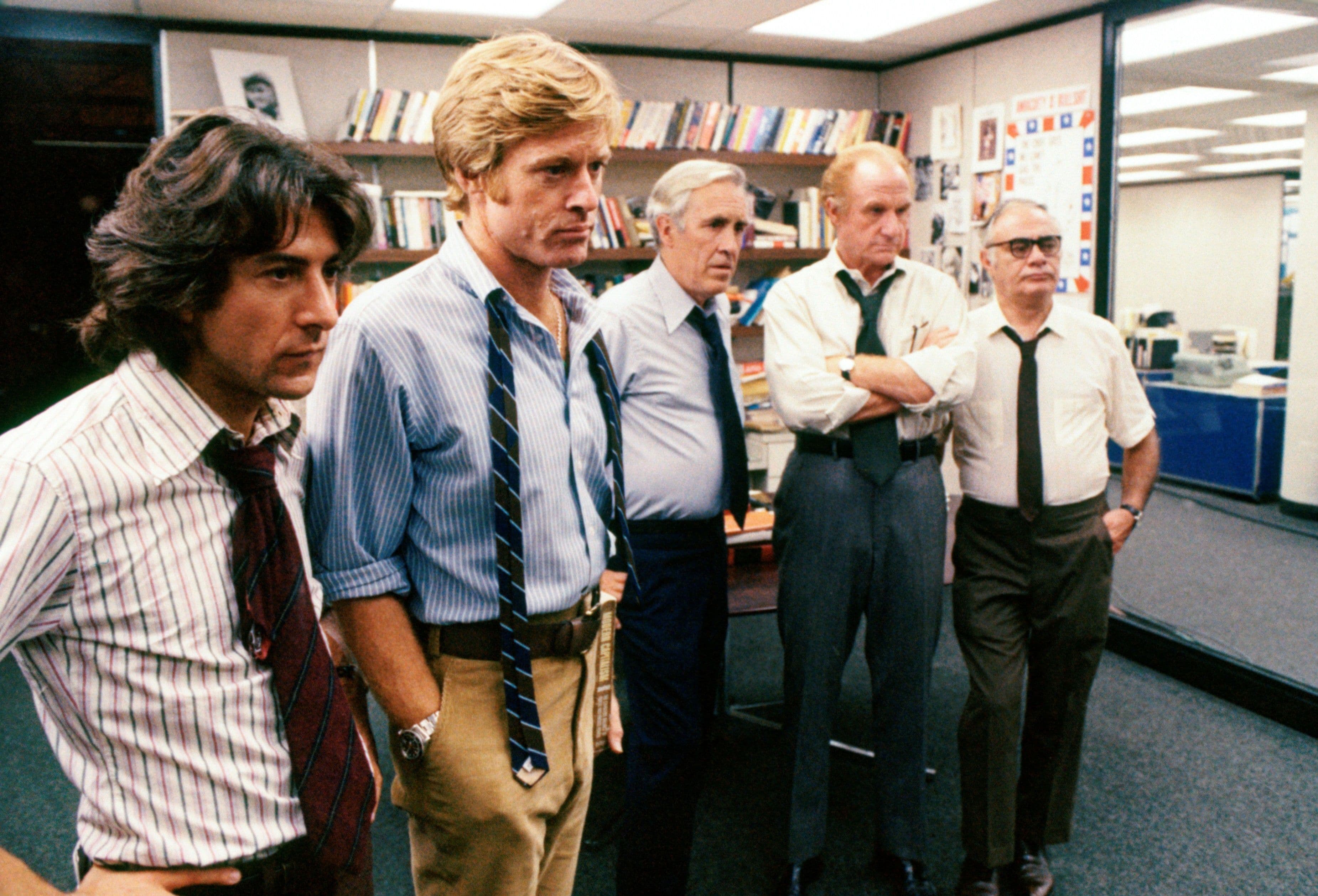
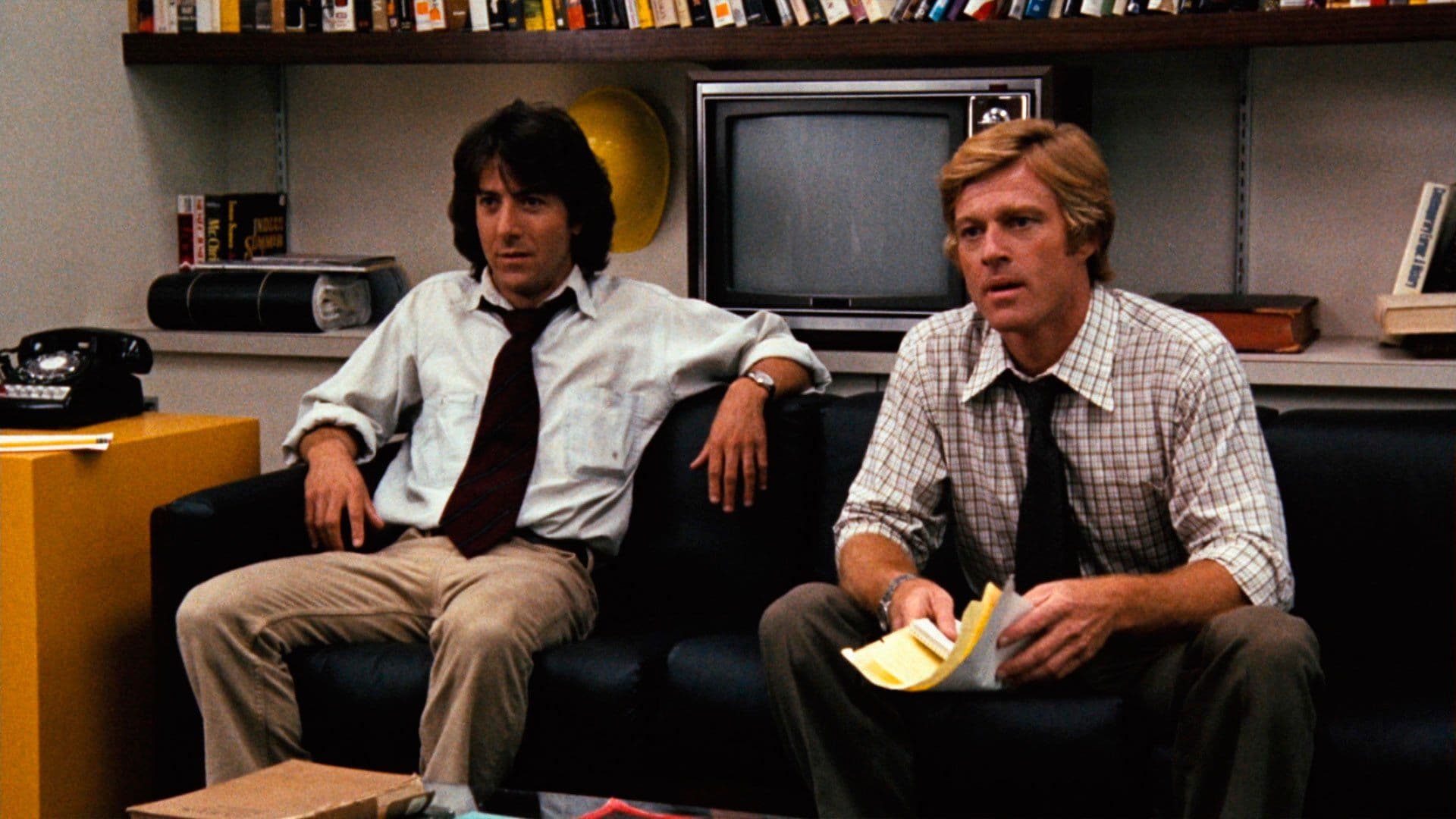
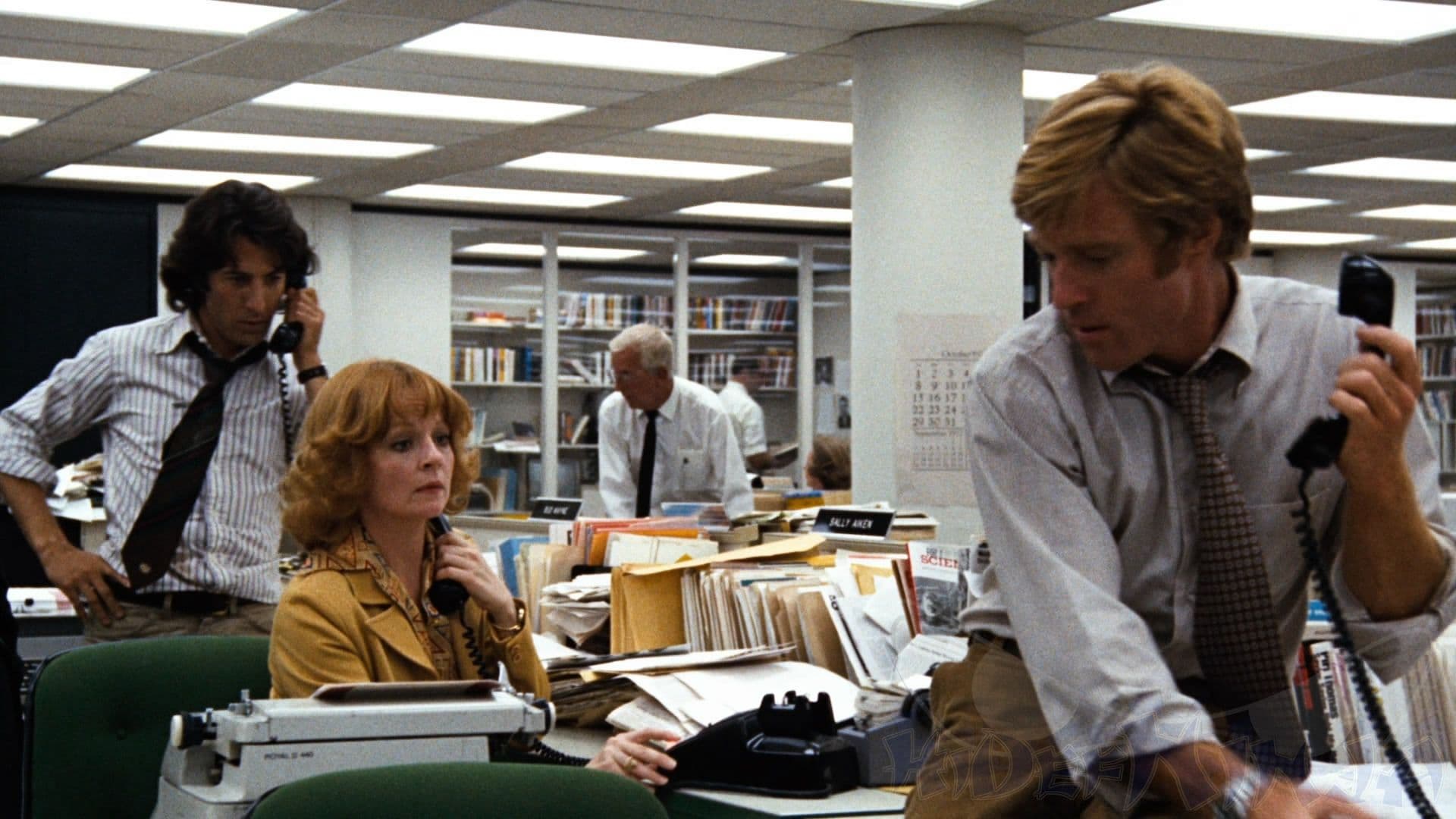
Comments
Loading comments...